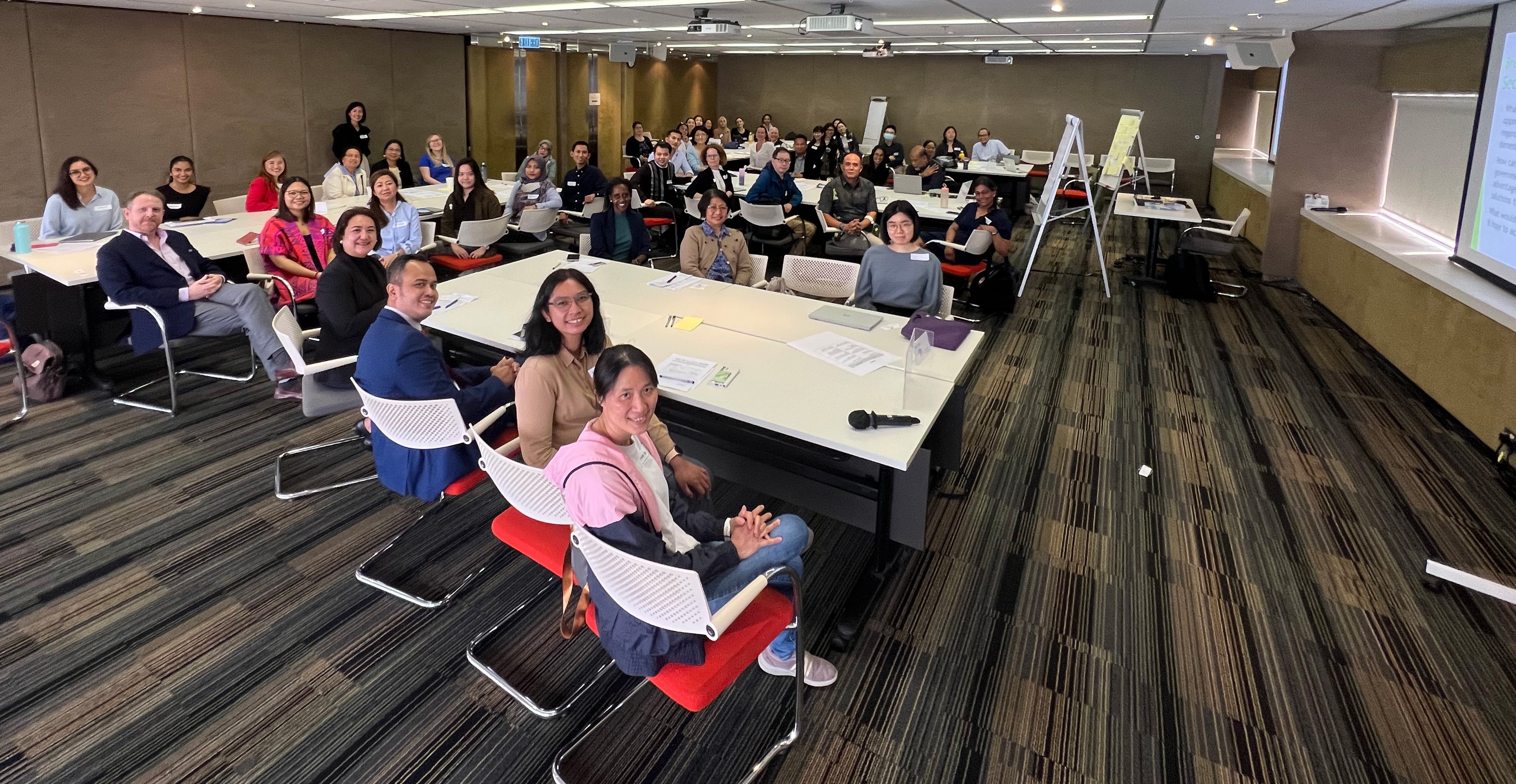The Borrowing Puzzle: Why Do Filipino Domestic Workers in Hong Kong, China Borrow Rather than Dissave?
Domestic workers make up a significant flow of migrants in Asia. Employers from several higher-income regions such as Malaysia; Singapore; and Hong Kong, China recruit live-in domestic help from countries such as the Philippines and Indonesia. This migration is low-skilled, temporary, and almost entirely motivated by economic gain. However, our understanding of the benefits of such migration on the migrant’s household is sparse. Migrant remittances have been shown to improve dependents’ contemporaneous living standards and educational investments (Yang 2011), but does this migration enable long-term economic gains and opportunities for upward mobility? In particular, are these migrants economically self-sufficient when they retire and return to their home countries? Does this migration successfully lead the next generation to move into higher-wage occupations?
Definitive answers to these questions require large-scale and long-term data collection and plausibly exogenous variation in the migration decision. However, even in their absence, we can observe and analyze migrants’ constraints and choices and make inroads toward an understanding. Our study population is Filipino domestic workers in Hong Kong, China. We examine how they manage their finances, specifically, their choice between savings and loans.
Despite their predictable and regular incomes, Filipino domestic workers in Hong Kong, China commonly finance large expenses through interest-bearing loans rather than savings. Our analysis of survey data and the records of a credit cooperative for migrant workers suggests that this cannot be explained by their inability to save, financial illiteracy, short time horizon, or limited liability. Instead, we speculate that the strict schedules and high interest rates of these loans create a disciplining effect that these individuals find desirable. This may help them avoid unnecessary consumption or demands from their social network. However, interventions should also consider that these workers often receive nonmonetary reciprocal benefits from members of their social network.











